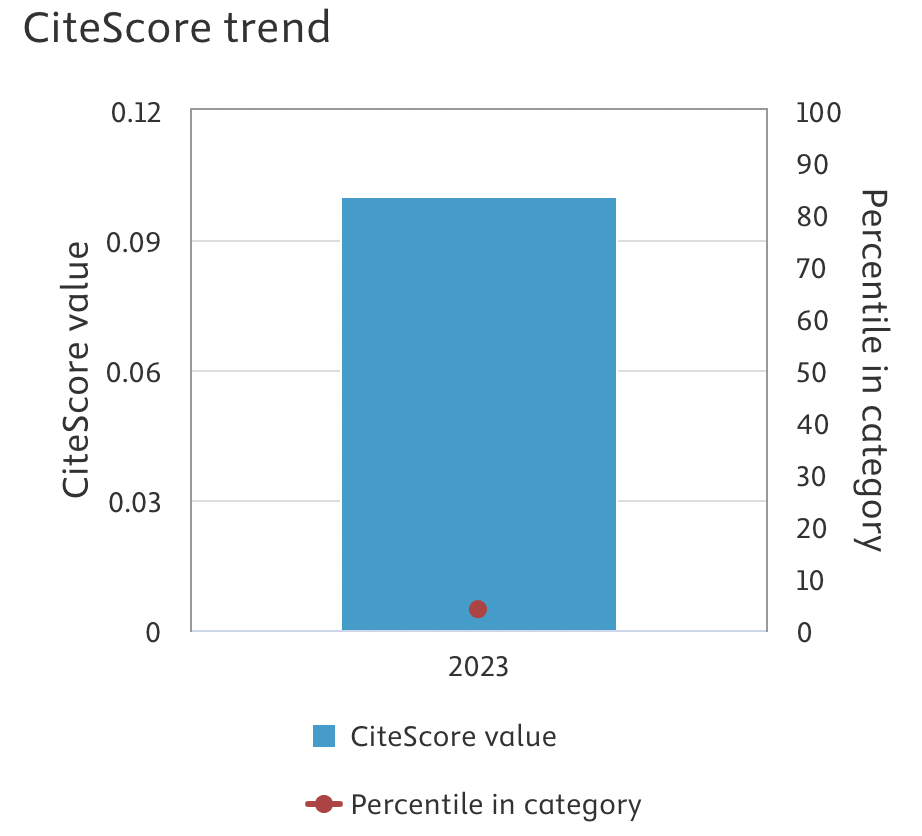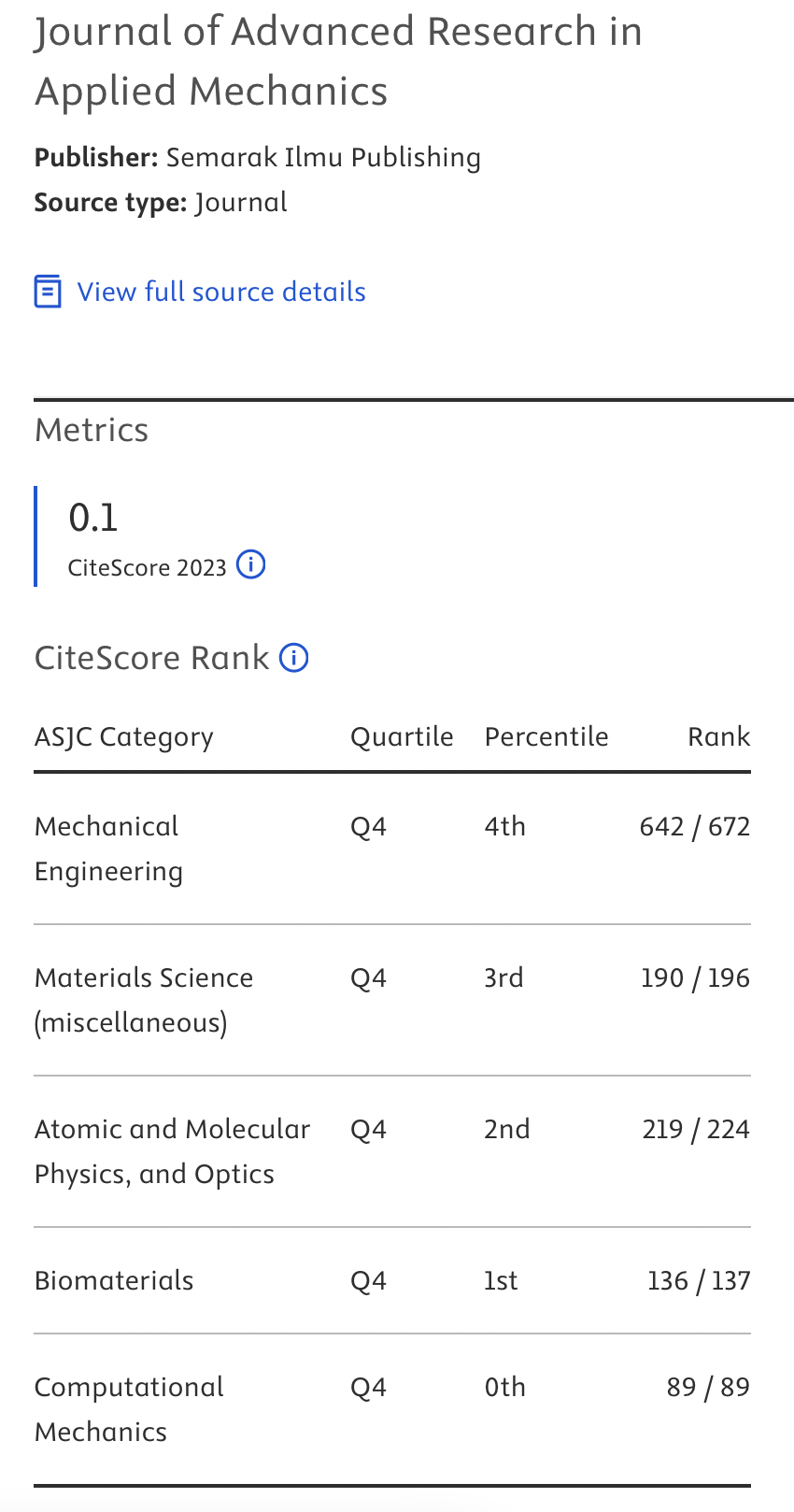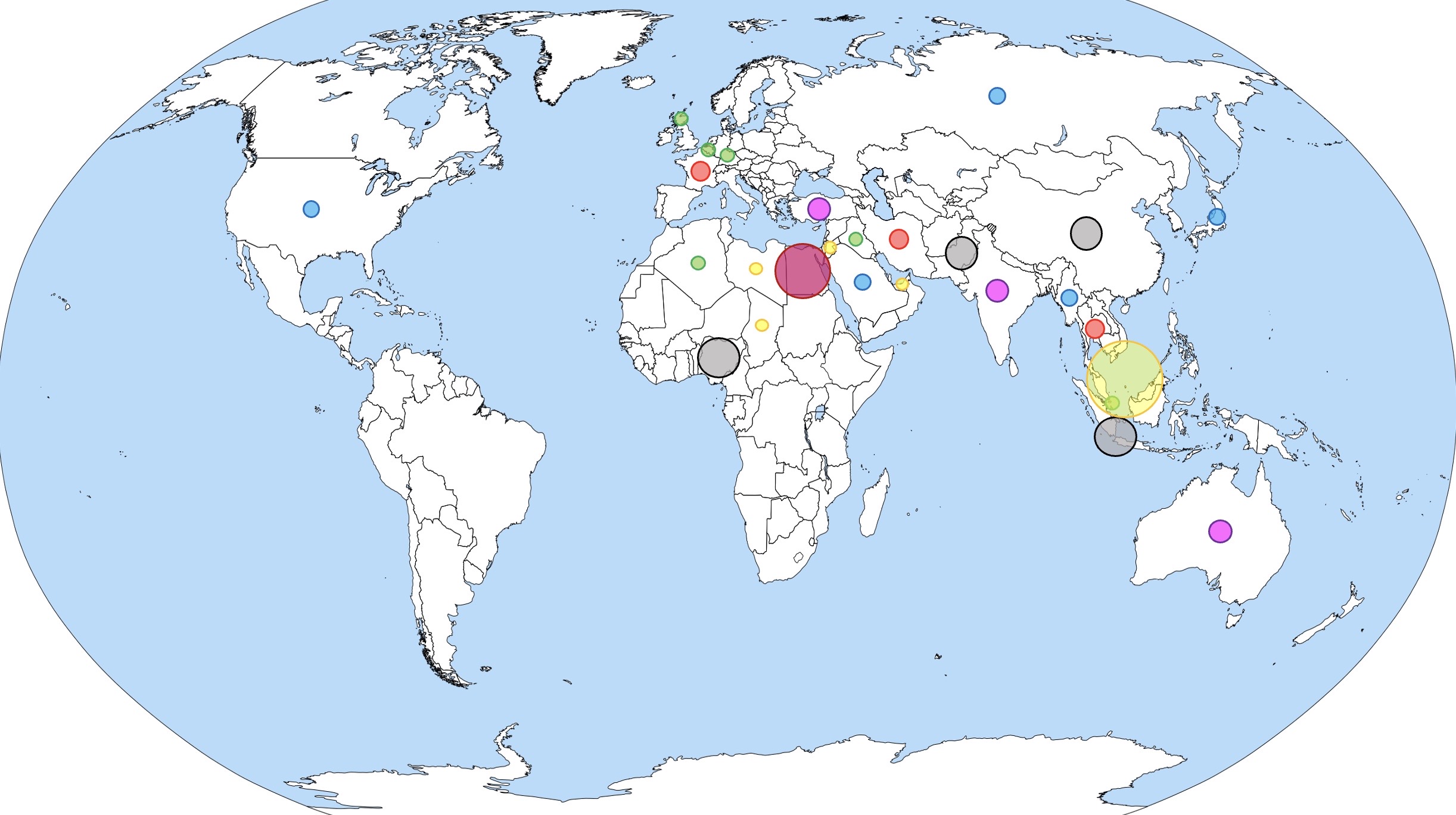Optimal Energy Management System in Thailand Convenience Stores
DOI:
https://doi.org/10.37934/aram.123.1.221237Keywords:
Convenience store, retail energy management system, Internet of Things system for energy saving conservation, carbon emissions, energy efficiencyAbstract
The purpose of this research is to study and investigate the energy consumption and reduction of convenience stores. There is one retail building that is increasing rapidly in Thailand every year, and almost all of them operate 24 hours per day. There is a significant amount of energy consumption. This research is to present an updated energy portion of convenience stores through sampling at 13 stores. These stores have a sales area of 153 to 311 m2 and operating hours of 16 to 24 hours per day. We found that energy consumption recorded from the Digital Energy Meter shows that all of them have cooling systems that use a huge portion of energy (refrigeration and air conditioning systems, 48% and 24%, respectively). Moreover, this research aims to develop a Retail Energy Management System (REMS) to increase the energy efficiency of air conditioning systems at convenience stores in Thailand while still maintaining comfort for occupants by keeping the required temperature at 26 degrees Celsius. We selected 3 of 13 stores that have the same sales area of 280 m2 but different operating hours and numbers of air conditioners. We optimized the operating air conditioning system by data-driven with the Internet of Things system concept, which manages and controls the air conditioning system through the Programmable Logic Control (PLC) program. REMS can reduce energy consumption by 24 and 15 kWh/day, or 14.5% and 8.3%, at operating hours of 24 and 16 hours per day, respectively. There is an average return on investment (ROI) of 3-5 years, depending on the operating hours of the store. In the future, regarding the infrastructure of energy management systems, that can extend to finding some opportunity to save energy consumption in another system, for example, the refrigeration system of their convenience stores.
Downloads


























